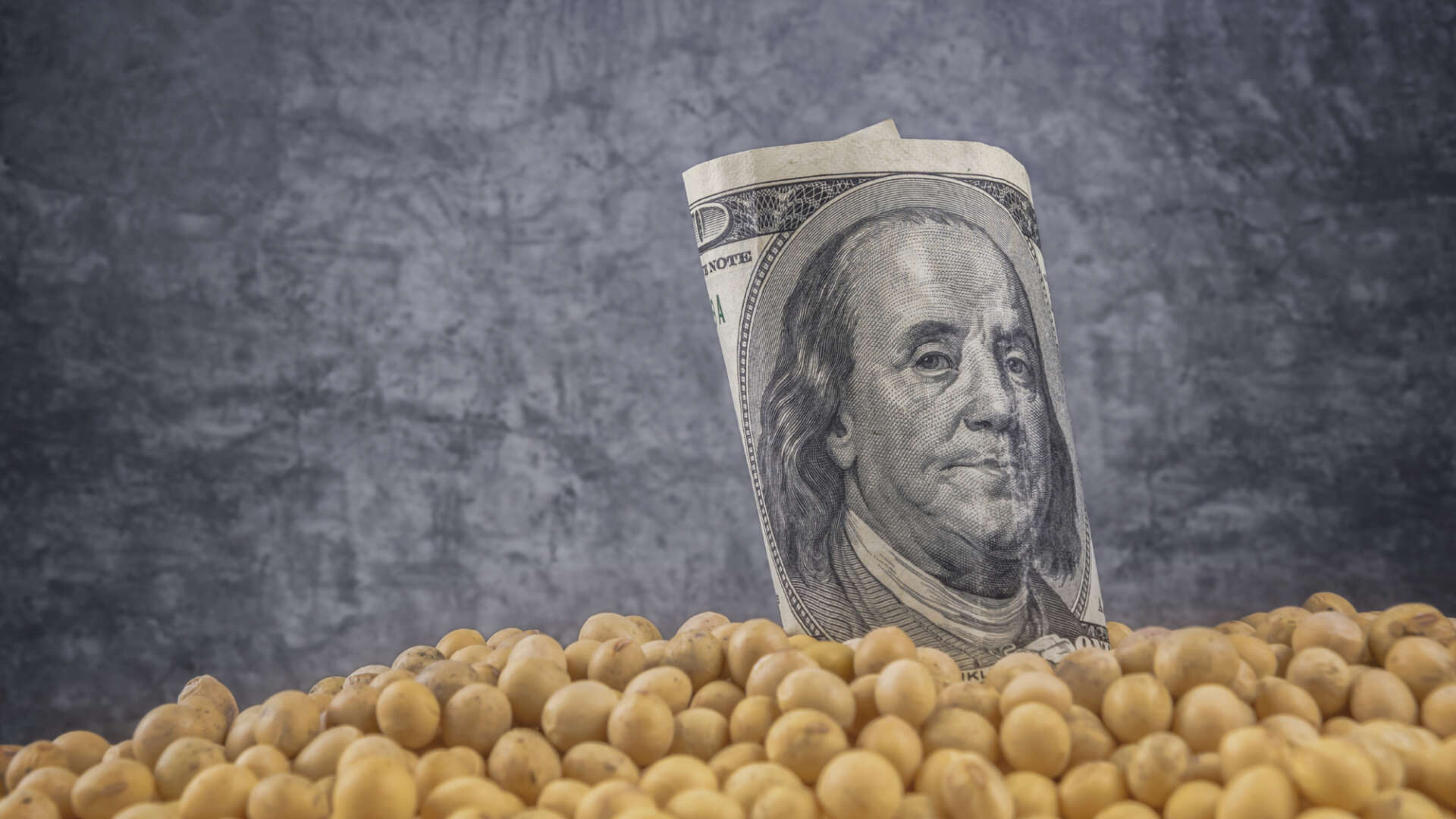Our Views
GMOs - political and ethical concerns
- GMOs - Political and Ethical Considerations | Garden Organic
- Tags
- Our Views

The politics of GMOs – are they ethical? 🔗
The issues are complex. But GM is unlikely to go away. As organic growers and suppliers – the more we understand the subject, the greater strength we have in order to influence safety regulations, to prevent contamination, and to encourage governments to support growers and farmers to use other less invasive crop cultivation.
What is Genetic Modification?
A Genetically Modified Organism is simply something whose genetic material (DNA) has been interfered with in a way that does not occur naturally by mating and/or natural breeding.
In the past, scientists ‘introduced’ or transferred the DNA from one species to another. Now they use so-called ‘editing’ techniques to change the host DNA. This is called genetic engineering, as opposed to 'modification'. It enables scientists to change desired traits or features in an organism. This can enhance a crop’s resistance to disease, for instance, or make it resilient to weedkiller/herbicide.
“GM crops are not about feeding the world but about patented ownership of the food supply”
GMO Myths and Truths, 2015
Even if we ignore the environmental and health concerns for GM crops, there are other issues which give rise to concern. One is the claim that genetically engineered crops are the only way to feed the world. The other is the control of the world’s food supply by just a few agribusinesses.
The seeds from GM crops are patented by the agribusinesses who produced them. Farmers are forbidden to save their seed. This means that 1.4 billion poorer farmers – especially in Africa - who traditionally saved and shared seed from one harvest to the next, could be tied into buying new seed every year. At a price set by the GM seed producer.
Countries such as Brazil, US and Argentina that have adopted GM seeds, have also reduced the farmers’ independence in their choice of seeds. The GM businesses have bought out the seed companies, thus controlling seed availability. See this disturbing infographic on the world's seed distribution. In Brazil, for instance, seed stores were required to sell 85% GM soy seeds and no more than 15% non GM.
In 2012, the ETC group reported that just 10 companies controlled 75% of global seed sales. The patents they hold extend to seeds and plants – which ultimately leads to controlling the food system.
But do we need GM to feed the world?
A report in 2008, conducted by over 400 international scientists and sponsored by the World Bank and United Nations, did not endorse GM crops as a solution to world hunger. It said that yields of GM crops were ‘highly variable’ and in some cases in decline. It raised safety questions, and noted that patents attached to the seeds could undermine seed saving and food security in developing countries.
Recent research, published in the journal Plant Nature, summarises the importance of organic agriculture in the 21st century. Especially in poorer countries, who cannot afford expensive fertilisers or GM seeds.
It is politics, war and waste that causes world hunger. Not a lack of food. See World Hunger statistics.
There are all too many failures of genetically engineered crops.
Take, for instance, the so called Golden Rice. By incorporating beta-carotene into a rice grain, scientists from Syngenta intended to help malnourished people who were suffering from Vitamin A deficiency. This GM rice has taken nearly 20 years to produce, has cost millions of dollars, gives poor yields and has had negligible increase in the beta carotene levels within the grain. Reports have shown that individuals would need to eat over 3 kilos a day to increase their vitamin intake. And now it has been proved that the rice loses over 70% of it's beta-carotene unless it is vacuum packed. Yet more expense for the poorest of consumers. In the meantime a public health initiative, led by the Philippines government and NGOs, reduced the Vit A deficiency in children from 40% to 15%, at a fraction of the cost - by promoting vegetables already in abundance in the country.
Similarly, the GM sweet potato, cassava and cotton crops developed for the African market over 10 years ago have each failed - either by succumbing to viruses they were engineered to resist, or with poor output. The sweet potato was a 12 year project which cost Monsanto, the World Bank and USAID $6m. A conventional breeding programme in Uganda produced a non-GM variety in less time and at a fraction of the cost. See Monsanto failure.
At Garden Organic, home of the Heritage Seed Library, we strongly oppose the patenting of seeds. Along with our sister organisation, the Soil Association, we also encourage agroecology - organic agriculture where natural organisms thrive through their interdependency, and soil is cared for by natural manures, not chemical fertilisers.